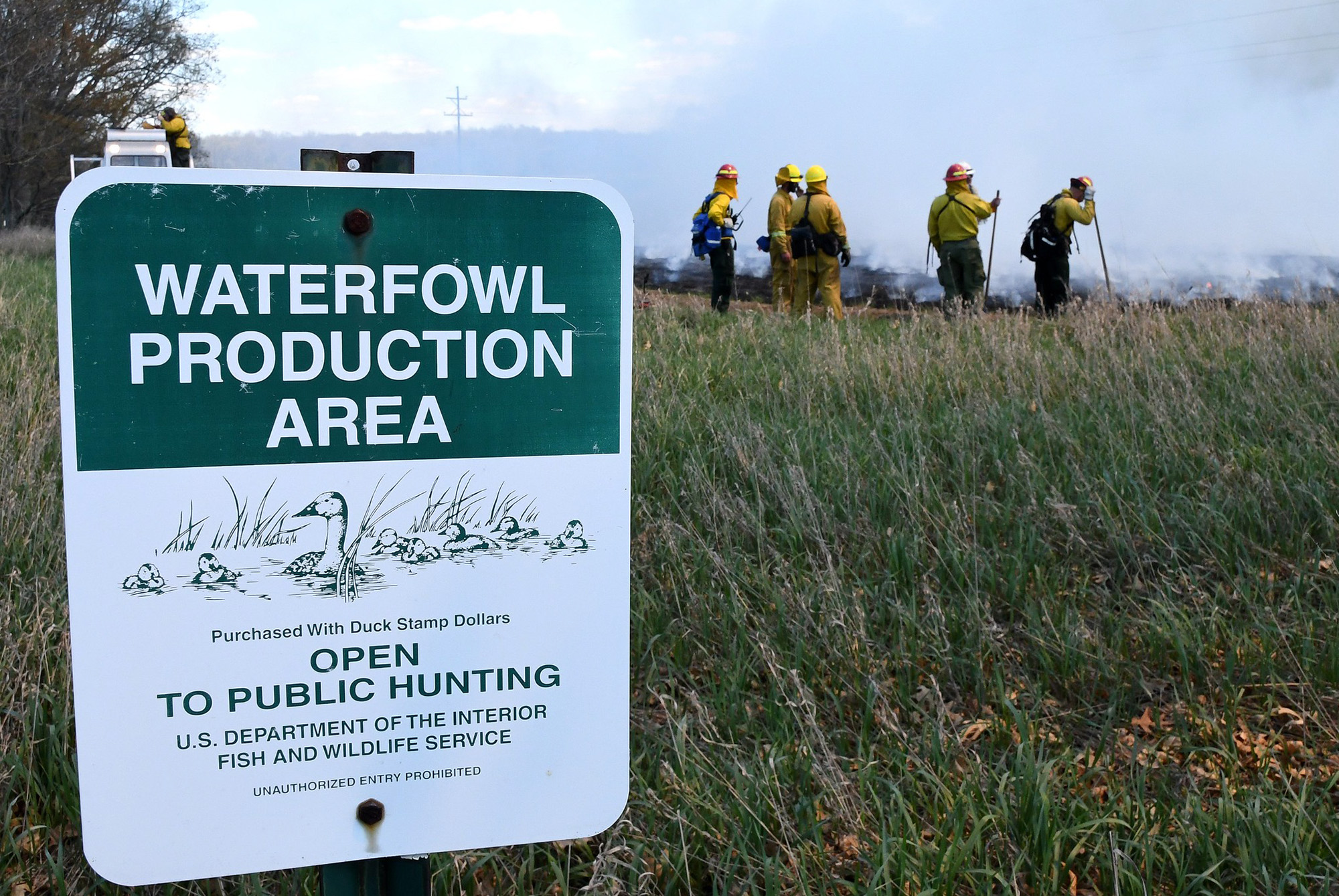When the Department of Governmental Efficiency terminated funding for the Recreational Boating and Fishing Foundation last month, the news came as a surprise to RBFF. The non-profit, which used excise fishing tax dollars to promote fishing through campaigns like Take Me Fishing until this year, had passed all its mandatory audits with good marks and previously received positive feedback from, well, most everyone.
So why, then, was the fishing industry dismayed at the news even as online commenters — many of them anglers — celebrated cuts to what they still saw as wasteful spending? Several points of contention with RBFF, according to the Senate DOGE Caucus lawmaker who spearheaded the cuts, was the salary of a handful of RBFF executives, as well as the organization’s spending on advertisements to promote fishing.
Related: DOGE Cancels ‘Take Me Fishing,’ Even Though It Was Funded by Anglers
“It has never been brought to our attention, and it has still not been brought to our attention by the USFWS that [salaries] were an issue,” says RBFF chief operating officer Stephanie Vatalaro. “So for all intents and purposes, with all the reporting that we do, we thought we were in line with expectations.”
To dig into this disconnect, we talked to the folks at RBFF and in the sport fishing industry, as well as conservation organization leaders and insiders. In this week’s episode of the Outdoor Life Podcast, conservation editor Andrew McKean and I discuss the DOGE cuts, why the federal government likes contracting with non-profits, and why conservation group CEOs make the salaries that they do. You can listen on Apple, Spotify, or wherever you get your podcasts.
Read the full article here





